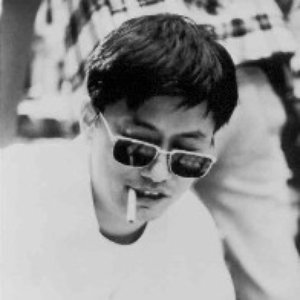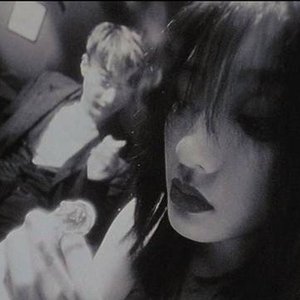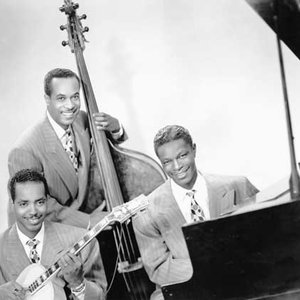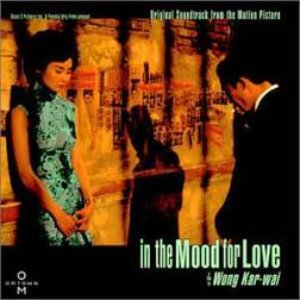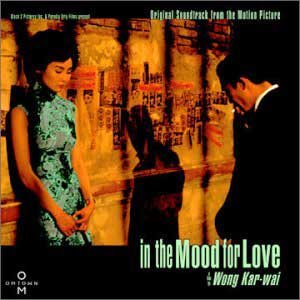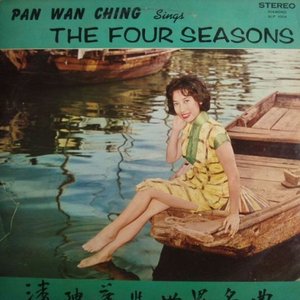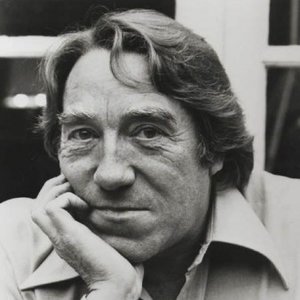Biography
Wong Kar-wai, is a Hong Kong-based film director known for his unique, highly visual style of romantic art films. An internationally renowned auteur, he often wears dark sunglasses in public.
Wong Kar Wai is an unusual artist in Hong Kong’s film industry. After his first few feature films, he was acknowledged as one of the most exciting Asian “auteurs” of his day and one of the most influential directors of contemporary cinema.
Born in 1958 in Shanghai, he and his family emigrated to Hong Kong when he was five years old. He obtained a diploma in graphic design from Hong Kong Polytechnic School and became a television production assistant. He worked on numerous TV series and became a screenwriter for the cinema, winning renown in the genres that were most fashionable in the early 80s. He was also commissioned to write around ten comedies, whodunits, and “weepies”, including THE FINAL VICTORY (1987) which his mentor Patrick Tam directed. Tam produced Wong Kar Wai’s directorial debut, AS TEARS GO BY (1988), giving him the opportunity to work with the actress Maggie Cheung for the first time. This film earned him recognition in Cannes where it was selected in the Critics’ Week category.
In 1990, Wong Kar Wai gathered together the cream of Hong Kong’s young stars for one of his most ambitious films, DAYS OF BEING WILD. Despite winning a number of prizes at the Hong Kong Awards, including best film, DAYS OF BEING WILD was not a popular success, so much so that the second chapter of the film, which was already half-made and in the process of being edited, was never completed. Wong Kar Wai was deeply affected by this setback which has influenced the rest of his career. He soon began to work on an extravagant costume drama, which deliberately went against all the codes of the genre. The shoot lasted two years, effectively putting the careers of the eight lead actors on hold. ASHES OF TIME, which won the best cinematography award at the Venice Festival for director of photography Chris Doyle, was Wong Kar Wai’s second box-office flop. This time, the filmmaker had taken steps to cover himself during the postproduction of the film, resulting in his biggest success to date, CHUNGKING EXPRESS (1994), an ultra-contemporary, rapid, lightweight film which earned him the title of “Chinese Quentin Tarantino” by the Anglo-Saxon press. Indeed, he has achieved similar cult status with his subsequent films.
In 1995, he shot Fallen Angels based on an idea for a sketch that was written for CHUNGKING EXPRESS and dropped at the last minute. He then made HAPPY TOGETHER, a daring film telling the tale of two Chinese homosexuals exiled in Argentina during the hand-over of Hong Kong to China. With this film, Wong Kar Wai won the Best Director prize at the 1997 Cannes Festival. IN THE MOOD FOR LOVE was presented in 2000 and earned Tony Leung the Best Actor award at Cannes. 2046, a science fiction film set in locations all over Asia with an international cast, premiered in Cannes in 2004.
Apart from the new reworking of his martial arts masterpiece ASHES OF TIME in 2007, Wong is also slated to premiere his first feature film shot in the U.S., MY BLUEBERRY NIGHTS, in the same year.
Artist descriptions on Last.fm are editable by everyone. Feel free to contribute!
All user-contributed text on this page is available under the Creative Commons Attribution-ShareAlike License; additional terms may apply.
